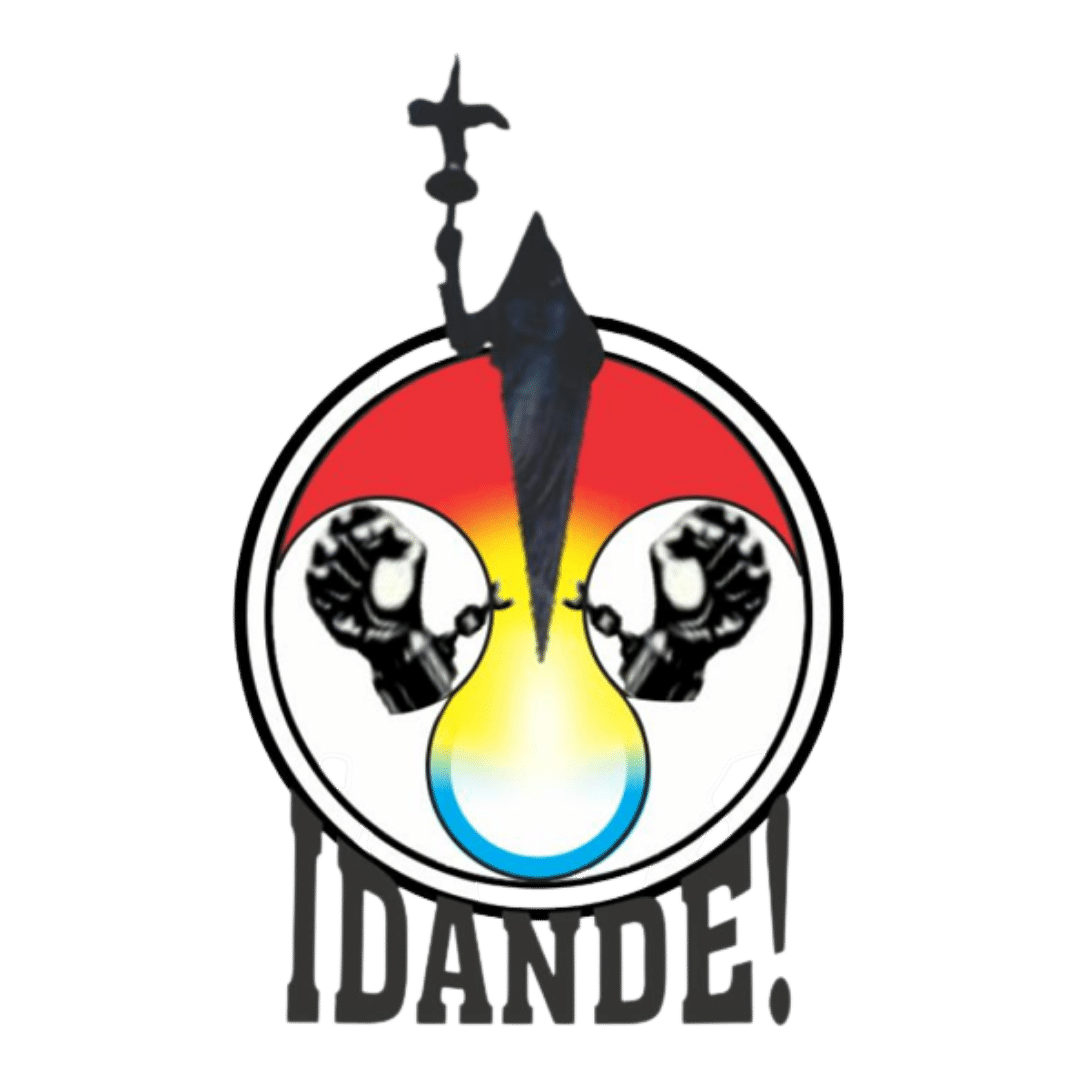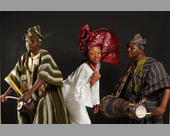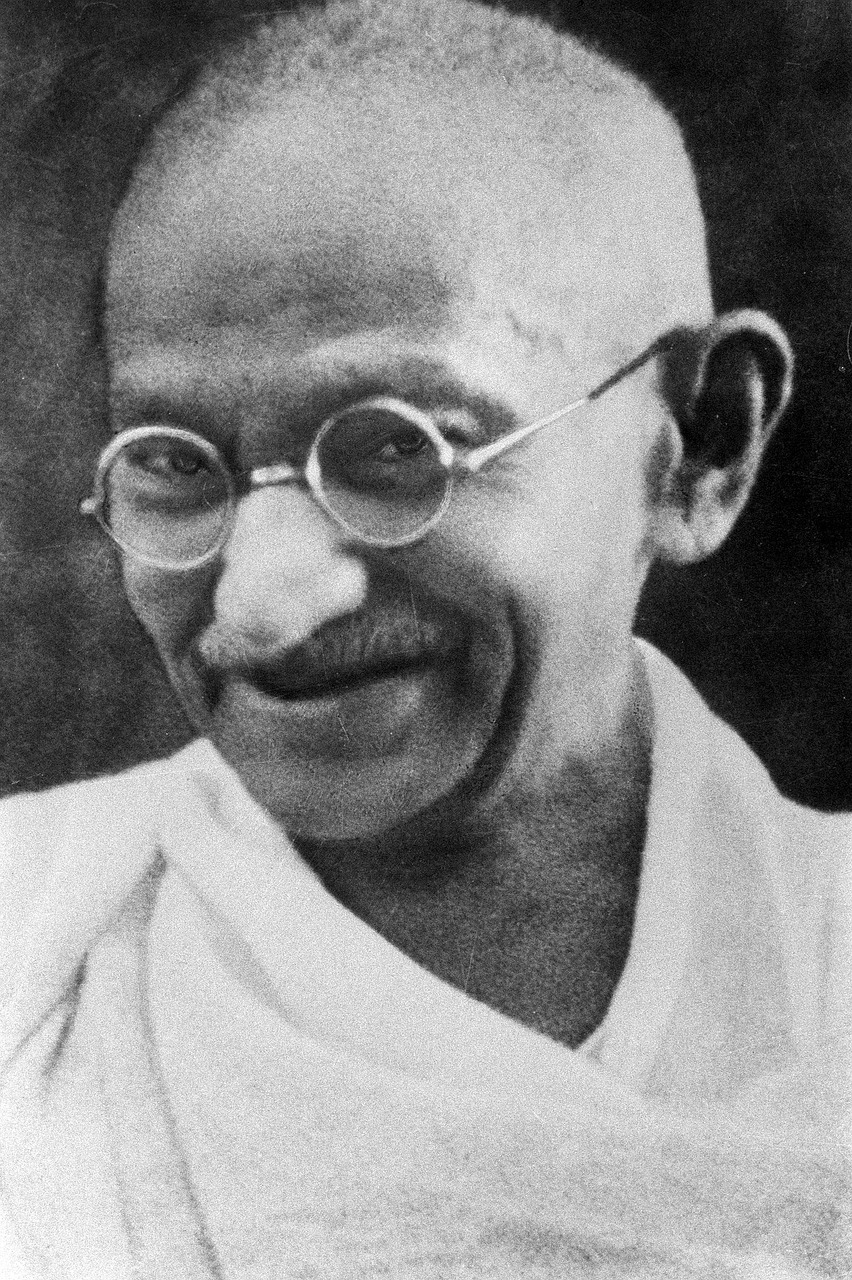
At IDANDE, our roots run deep in the soil
of Yoruba heritage.
We are a collective force driven by a shared commitment to the wellbeing of our fellow Yoruba citizens. With a steadfast dedication to preserving the essence of Yoruba culture, traditions, and identity, we have come together to create a resilient shield of protection.
Our journey is rooted in the aspirations of those who have fervently fought for Yoruba self-determination. Harnessing the wisdom of these trailblazers, IDANDE serves as a beacon of hope and unity for our community. By channeling our collective strength and resources, we empower ourselves and future generations with a secure foundation.
Our History
In : NIGERIAAncient Origins:
The history of the Yoruba people can be traced back to ancient times. It is believed that they migrated to their present-day homeland in southwestern Nigeria from the region around the Nile River in northeastern Africa. Over time, the Yoruba people settled in what is now known as Yorubaland and developed a complex and sophisticated society.
City-States and Kingdoms:
Yorubaland was organized into a series of city-states and kingdoms, each with its own ruler and government. Some of the prominent Yoruba city-states included Ife, Oyo, and Ijebu. These city-states developed advanced political systems, artistic traditions, and religious practices.
Oyo Empire:
One of the most significant Yoruba kingdoms was the Oyo Empire, which reached its height of power in the 17th century. The Oyo Empire had a well-structured political system and a formidable military. It controlled vast territories and played a prominent role in the trans-Saharan trade.
Art and Culture:
The Yoruba people are known for their rich artistic and cultural heritage. They are renowned for their skill in sculpture, particularly in creating intricate bronze and terracotta sculptures. Yoruba art often features depictions of their deities and ancestors.
Religion and Spirituality:
The Yoruba people practice a traditional religion known as Yoruba religion or Ifá. It is based on the worship of various deities, spirits, and ancestors. The most revered deity in Yoruba religion is Olorun, the supreme god. The Yoruba also have a deep respect for their ancestors and believe in the importance of ancestral veneration.
European Contact:
During the era of European exploration and colonization, Yorubaland encountered European powers, including the British. The Oyo Empire, in particular, had diplomatic and trade relations with European nations.
Colonial Rule:
By the late 19th century, the British had established colonial rule over Yorubaland and much of Nigeria. This period brought significant changes to Yoruba society, including the spread of Christianity and Western education.
Post-Independence Nigeria:
Nigeria gained independence from British colonial rule in 1960. Yoruba people have played crucial roles in Nigerian politics, culture, and economy. The region remains one of the most populous and influential in Nigeria.
Contemporary Yoruba Culture:
Today, Yoruba culture continues to thrive. The Yoruba language is widely spoken, and their cultural practices, including festivals, traditional music, and dance, are celebrated. Yoruba cuisine, with dishes like jollof rice and pounded yam, is enjoyed not only in Nigeria but also in many other parts of the world.
The Yoruba people and their descendants have a deep sense of identity and pride in their history and culture, which continue to shape the social, political, and artistic landscape of Nigeria and the global Yoruba diaspora.
BOOK LUNCH
Easy to buy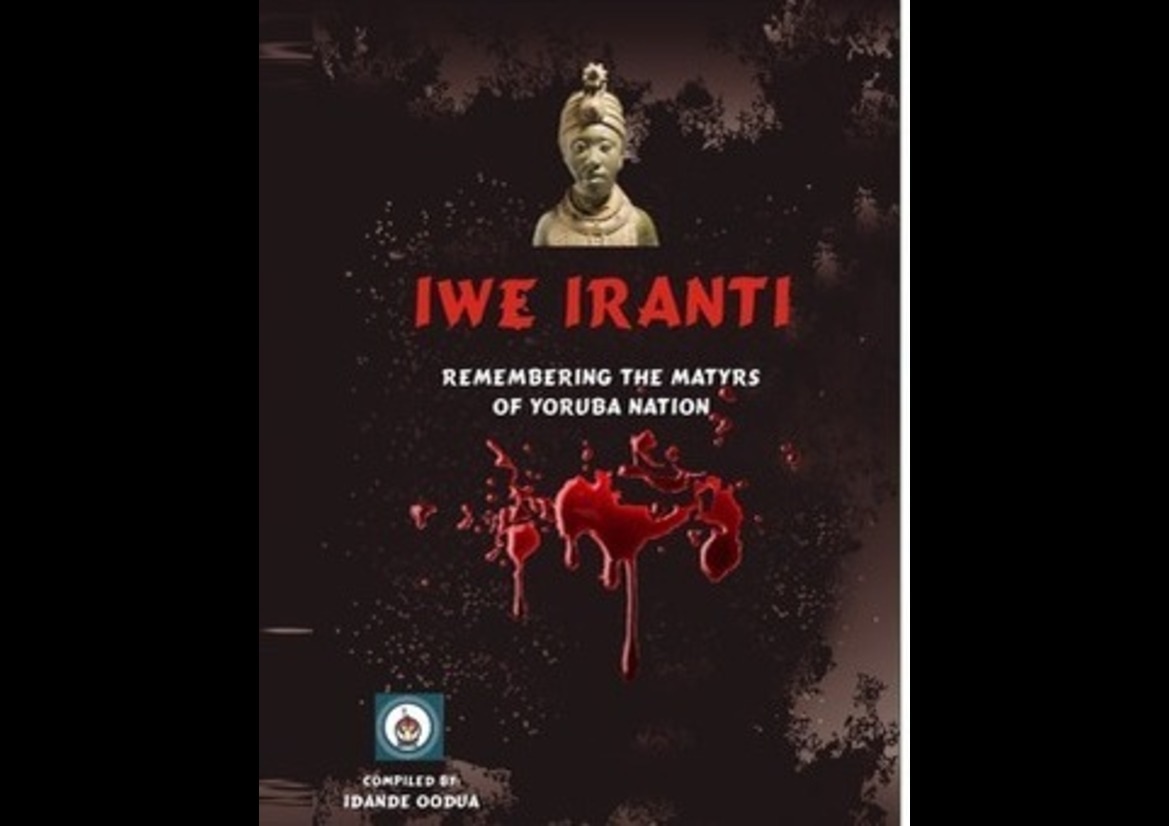

Security Enhancement
Ensuring the safety and protection of Yoruba people and their assets within the Yoruba space.
Cultural Heritage
Preserving and promoting the rich cultural heritage of the Yoruba people.
Economic Empowerment
Empowering Yoruba individuals and communities through economic initiatives and opportunities.
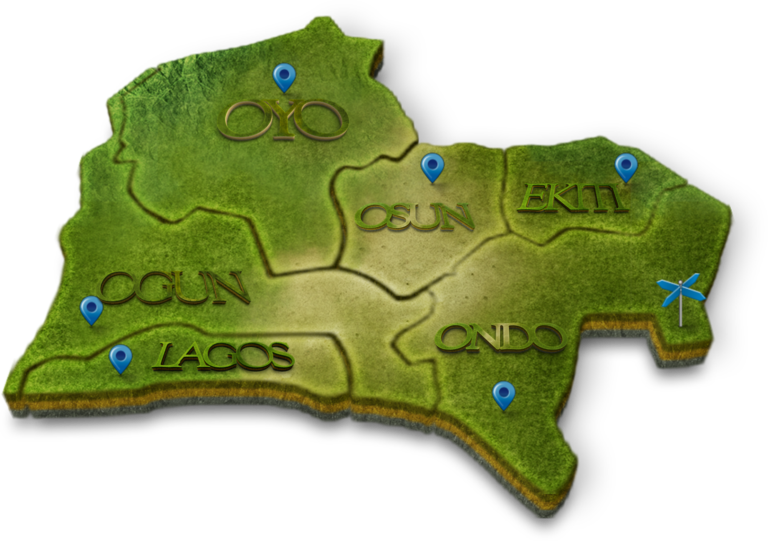
Education and Knowledge
Promoting education, awareness, and knowledge-sharing within the Yoruba community.
Community Development
Fostering development and well-being within Yoruba communities through social and infrastructural initiatives.
Advocacy and Representation
Advocating for the rights, interests, and representation of Yoruba people at local, national, and international levels.
Vision Statement
Empowering the Yoruba Community for a Secure and Flourishing Future
Core Values
1. Unity
2. Accountability
3. Cultural Preservation
Mission Statement
IDANDE is dedicated to ensuring the safety, wellbeing, and prosperity of the Yoruba people. We aim to create a resilient and harmonious Yoruba space by leveraging our collective strength, advocating for justice, and fostering partnerships that enhance the security and dignity of our community. Through proactive initiatives, education, and empowerment in our rich heritage while embracing the opportunities of the modern world.
KIRIJI PEACE TREATY
& MEMORIAL PARKS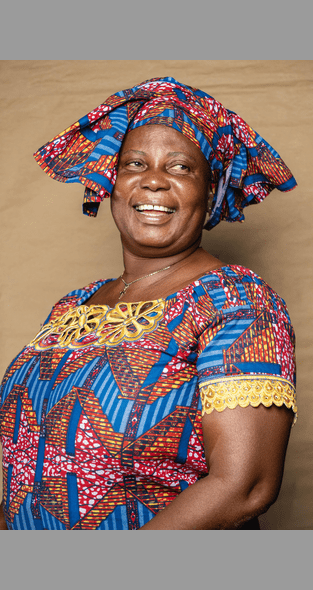
Preserving and Promoting the Rich
Cultural Heritage of the Yoruba People
At IDANDE, we recognize that our cultural heritage is the cornerstone of our identity as Yoruba people. Our aim is not only to preserve this heritage but to illuminate it for present and future generations. We are committed to celebrating the artistic, linguistic, and traditional treasures that have been passed down through generations, enriching our understanding of who we are.
Obafemi Awolowo
A prominent Nigerian leader"I do not want the child of my child to say, 'Ojukwu did it,'
'Balewa did it,' 'Gowon did it,' 'Awolowo did it'; I want each child of my child to say, 'I did it.'"
Nelson Mandela
Former President of South Africa"For to be free is not merely to cast off one's chains,
but to live in a way that respects and enhances the freedom of others."
Mahatma Gandhi
Leader of the Indian independence movementFreedom is not worth having if it does not include
the freedom to make mistakes.

Mr Rep
PastorIDANDE REPRESENTATIVE IN EKITI

Mr Rep
ConsultantIDANDE REPRESENTATIVE IN OYO

Mr Rep
TeacherIDANDE REPRESENTATIVE IN LAGOS

Mr Rep
Business ManIDANDE REPRESENTATIVE IN OSUN

Mr Rep
LawyerIDANDE REPRESENTATIVE IN ONDO

Mr Rep
DoctorIDANDE REPRESENTATIVE IN OGUN
